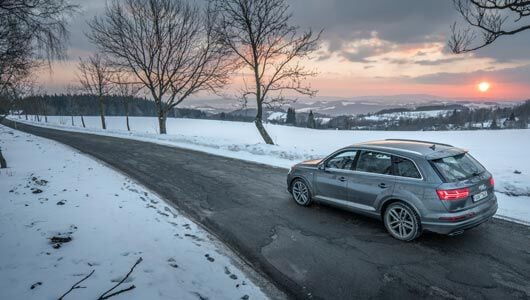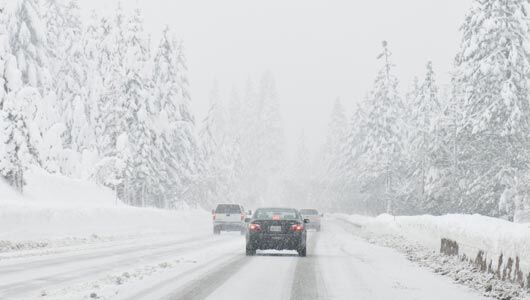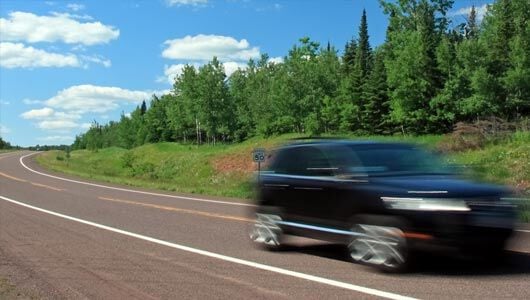What’s the difference between all-season tires, all-weather tires & winter tires?
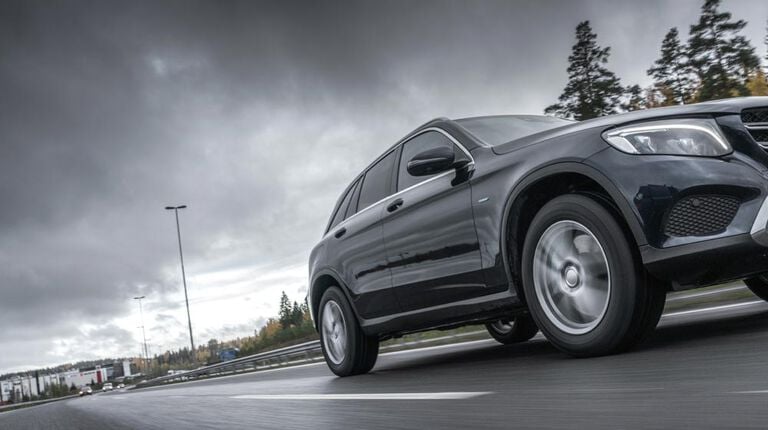
Across Canada, winter weather can be diverse and often unpredictable. Not everyone needs winter tires, but to ensure road safety, we should all be prepared for the conditions in our region. So, what’s the difference between all-season tires, all-weather tires and winter tires—and which tire is right for your winter driving safety?
Comparing how tires perform at different temperatures and on different surfaces—from ice and snow to slush and rain—can help make it easier to see why using winter tires or all-weather tires can help you stick to the road this winter.
This infographic also helps demonstrate why 3-season tires (all-seasons) should only be used in spring, summer and fall. 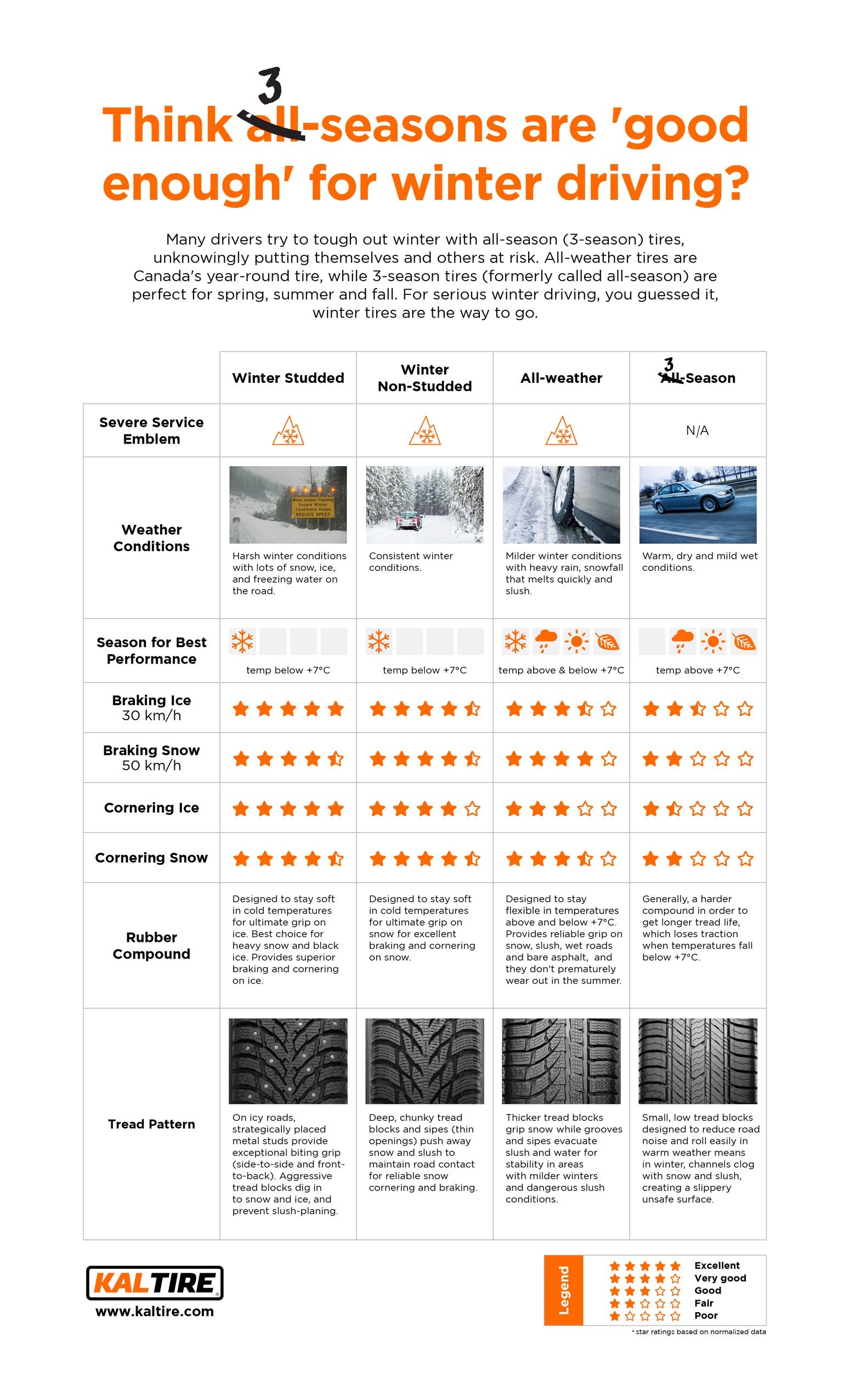 Understanding the difference between all-season tires, all-weather tires and winter tires helps you find the tire that’s best for the driving conditions you face in your region.
Understanding the difference between all-season tires, all-weather tires and winter tires helps you find the tire that’s best for the driving conditions you face in your region.
Which type of tire is right for you in winter?
In Canada, there are two types of drivers when it comes to tires: the kind who switch out their summer tires for dedicated winter tires, and those who can run one set of all-weather tires year- round.
If you’re due for new tires, figuring out which kind of driver you are will help you spend your tire budget wisely and help improve road safety for everyone.
Driver type #1 – Drivers who need all-weather tires
Where you live
- Urban centres
- Suburbs
Where you drive
- City
- Highways
Conditions you face
- Light snow
- Slush
- Temperatures below +7C
- Mild winters
Why you need all-weather tires
Unlike 3-season (all-season) tires, all-weather tires bear the mountain snowflake designated winter tire symbol so you know they’ve passed traction requirements for reliable winter performance in Canada.
If you prefer to run one set of tires year-round because of your driving conditions—or to avoid the hassle and expense of buying and storing a second set of tires, the all-weather tire is a safer year-round tire option.
See the infographic above for more on the capabilities of all-weathers, and learn more in our article: Can you use all-season tires in winter?
Driver type #2 – Drivers who need winter tires
Where you live
- Cities
- Suburbs
- Rural areas
Where you drive
- Highways
- Mountains
- Unplowed roads
Conditions you face
- Heavy, hard-packed snow
- Ice
- Moderate to extreme cold
- Long, consistent winters or harsh winters
Why you need winter tires
Winter tires feature an aggressive tread pattern with deep, chunky tread blocks that bite ice and snow and then push them away for superior traction. You’ll also get necessary braking and cornering control on ice and hard-packed snow because winter tires are made with a rubber compound designed to stay soft and flexible even at –30 C.
If you face a lot of rough, wet and black ice, you might also want to consider studded winter tires. Metal studs give you optimum grip on ice and freezing water.
See the infographic above for more on the capabilities of winter tires and studded winter tires.




